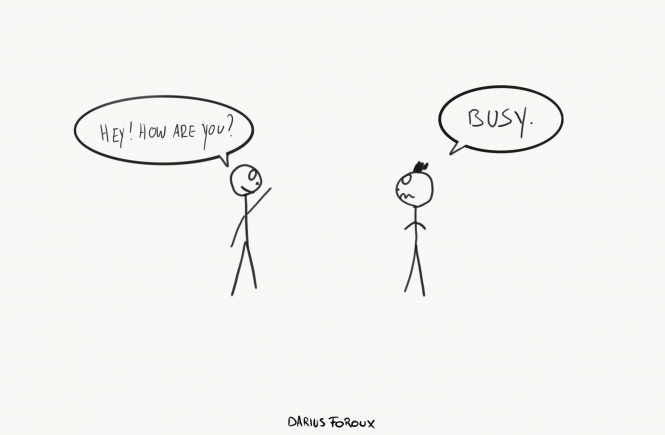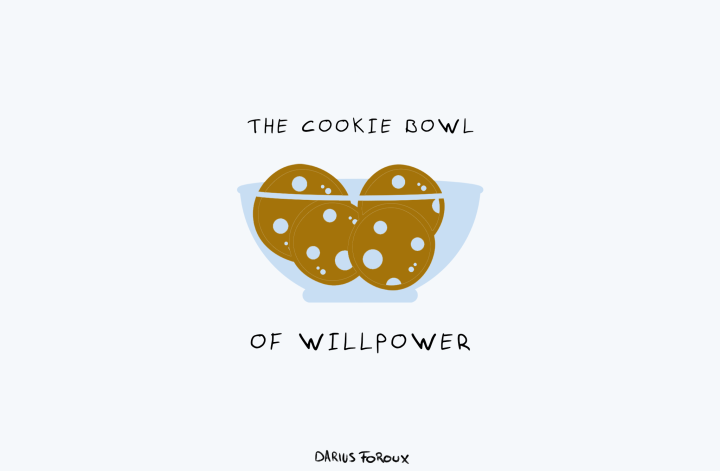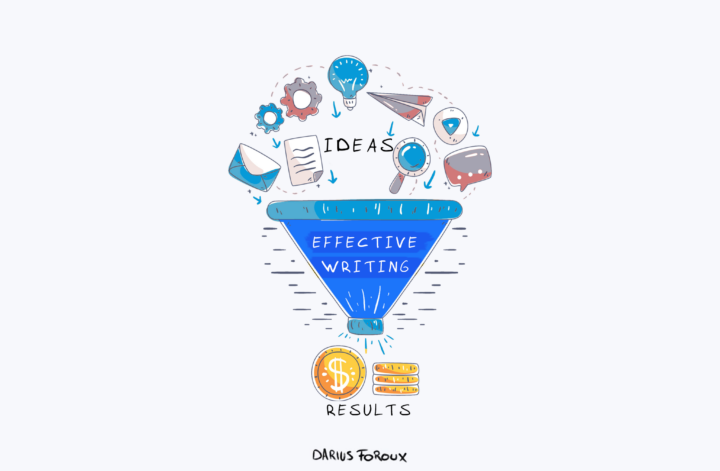Most people try to fix their focus with productivity tactics and hacks. New apps. New timers. Another note-taking system.
If you’ve tried that in the past, you know the tactics never last. You read about the latest productivity advice, try it, feel a boost in focus, but after a few days, you’re back to where you started.
That’s because your productivity and ability to focus are byproducts of how you live.
When your days are calm and intentional, you’re focused without making much of an effort. When your life is loud and reactive, your mind follows the chaos. And as a result, it’s hard to focus.
The key is to stop treating attention like something you have to generate with tricks and tactics.
Build a life that makes it easy to do the work.
That’s the key to unbreakable focus.
In my experience, it comes down to four switches. I call it STIB:
Space – calm, clear, distraction-free
Time – protected focus windows
Input – high-quality mental fuel
Body – energy to sustain focus
As you can see, this is not complicated. We all know that if we control those switches, we feel better and more focused. That’s why I think it’s a skill we’ve forgotten to use because of all the distractions of life.
Let me share with you how you can switch them back on so you can boost your focus.
Switch 1: Space – Calm, clear, distraction-free
Your environment is either pulling you into work or away from it.
Henry David Thoreau put it simply: “We can never have enough of Nature.” He wasn’t just talking about trees and rivers. He meant simplicity, the kind of surroundings that settle the mind instead of stirring it up.
I notice this most when I’m in a messy space. A messy desk often becomes an excuse to stop working and start organizing. That’s why I keep my desk almost empty. Just my computer, notebook, and pen. If I’m doing deep work, my phone needs to be far away from me.
A study from the Princeton University Neuroscience Institute showed that physical clutter directly competes for neural attention and reduces cognitive capacity. Removing clutter means freeing up mental focus.
Also, research shows that loud background noise, especially around 95 dBA, significantly impairs attention and slows performance compared to quiet environments.”
A good workspace doesn’t have to be perfect. It just needs to strip away what distracts you and make work feel like the obvious thing to do.
Switch it on:
- Remove your phone from the room during focus blocks
- Reduce noise with a closed door, headphones, or steady background sound
- Keep only the tools for your current task on your desk
- Use bright, natural light during the day; softer light in the evening
Switch 2: Time – Protected focus windows
You can’t do focused work if you can’t sit still for long periods of time without getting distracted.
Alexander Graham Bell once said, “Concentrate all your thoughts upon the work in hand. The sun’s rays do not burn until brought to a focus.” That’s what a protected time block is—a lens for your attention.
For me, that’s the first two hours after I wake up. It’s the block where I write my best work. No calls, no Slack, no “just one quick thing.” I even block that time on my calendar so no one else can grab it.
This is really a habit. I remember the days I had a corporate job. I would show up between 8:45 AM and 9 AM, grab a coffee, chat with coworkers, open my laptop, check emails, fiddle around, and reply to messages, then spend the rest of the day in reactive mode.
Or in my less-focused periods as a writer, I would wake up, check some YouTube videos, reply to some emails, and then spend the rest of the day wandering around.
You’ve got to get it into your system that you’re going to sit down for some REAL work every single day.
One block a day is enough to make real progress, but it has to be truly protected. Treat it like a meeting with someone you respect; you wouldn’t cancel it for a random notification.
Switch it on:
- Book a 60–90 minute block for your most important work at the same time each day
- Batch email and messages into two or three windows
- Define a clear finish line for each focus session and work until you reach it
Switch 3: Input – High-quality mental fuel
Your brain runs on what you feed it: Ideas, information, and energy.
The ancient philosopher Confucius said, “The essence of knowledge is, having it, to apply it; not having it, to confess your ignorance.” In other words, it’s about acquiring and using the information that matters.
One of the best decisions I made was to remove social media apps from my phone. I also limit my news intake, especially in the morning. My mornings are reserved for creating, not reacting.
Physicist Richard Feynman warned, “You are the easiest person to fool.” If you don’t guard your inputs, you’ll end up believing noise, chasing distractions, and feeding your mind the equivalent of junk food.
I notice this a lot with social media. If I spend some time on Instagram, my mind only thinks about going on vacation, buying a new car, and just getting away from work.
If I spend time on X, I feel like I want to sell all my stocks because it’s filled with doomsday thinkers and uber-optimists. People are either extremely negative or extremely positive. I can’t stand that.
Protect your inputs, and you protect your attention.
Switch it on:
- Halve your feeds, unfollow aggressively and prune often
- Delay news until midday so your mind starts calm
- Keep a capture list for random ideas so they don’t hijack your focus
Switch 4: Body – Energy to sustain focus
Your body sets the ceiling for your attention.
Benjamin Franklin gave the simplest prescription: “Early to bed and early to rise makes a man healthy, wealthy, and wise.” The science backs him. Consistent sleep, light exposure, movement, and hydration are non-negotiable for mental performance.
I’ve been working out consistently since I was 17. Somewhere in my twenties, I stopped regular working out, which was also my least productive years. I got back to working out almost daily when I started writing in 2015.
Since then, I’ve noticed something very powerful. On the days I work out, I feel physically tired and mentally satisfied. I feel like I used my body, and I deserve the rest. Even if I go for an hour walk, I feel that way.
I don’t beat my body up or anything. I spent the entire month of June with my wife in the south of Spain. Most of my daily exercise was done at a calisthenics park, where I did a few pull-ups and push-ups every day. And I went on a run twice a week and a long walk daily. I stayed in pretty good shape.
As Leonardo da Vinci famously said: “A well spent day brings happy sleep.” When your days are meaningful and your body is cared for, rest becomes a reward that powers you for tomorrow.
Switch it on:
- Keep a consistent sleep schedule—bedtime and wake time within an hour
- Get 10 minutes of natural light in the morning to set your body clock
- Move daily: at least 20–30 minutes of activity, plus a few strength sessions each week
- Stop caffeine by early afternoon
Remember STIB: Your focus comes naturally when you have a good lifestyle
Space keeps distractions out. Time makes focus inevitable. Input feeds your mind what it needs. Body gives you the energy to sustain it.
If you get these four switches on, you don’t need productivity hacks or tactics.
Your focus will be unbreakable.




